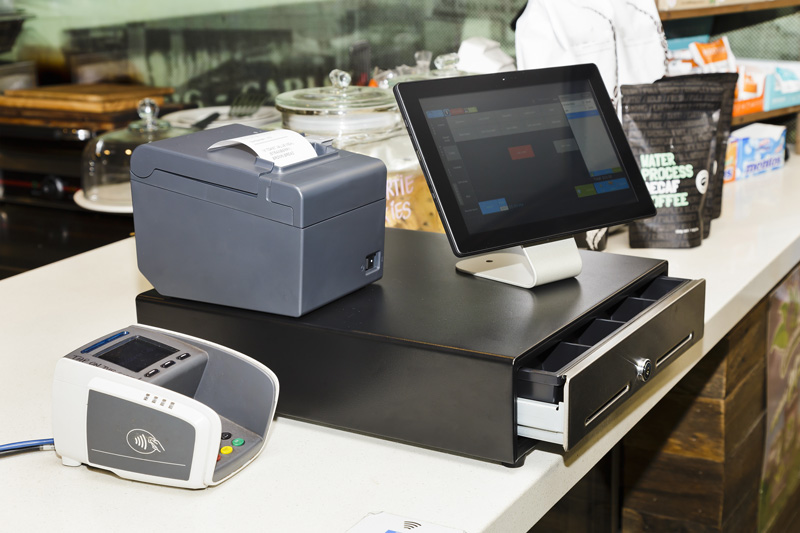Choosing the Best POS System for Your Restaurant

The decision to invest in a point of sale (POS) system for your restaurant is a big one, as these systems can come with a hefty price tag. It is important to think critically about your choice in order to select the system that will best serve your needs. An article published by hospitalitynet provides six tips for making this key investment decision:
- Determine your business needs. Outlining exactly which functions you will want your system to be able to perform is an important first step. Awareness of your needs will help you decide first amongst an entry-, mid- or high-level POS system, and then explore available options within the selected subset.
- Understand the costs and expenses incurred with each POS System. As mentioned above, there exist a variety of levels of POS systems. Different levels come with different price tags; for example, entry-level systems will cost less—but they will also feature fewer functions. A simple system will save you money, but may be too inflexible for your future needs, while a complex, high-level system will be quite expensive and may include features that you never end up using. Be aware of the variety of features that can up the price of your purchase, including physical terminals/hardware, operating system software license fees, credit card processing charges, and other additional features.
- Know the vendors. Diligent research will help you make the best choice for your restaurant. Make sure to evaluate and compare among different companies in the areas of cost-effectiveness, price quotes, length of time in the industry and customer testimonials. It’s a good idea to speak to other clients a company services in your industry to find out about their experience with a particular POS provider.
- Determine the usability of the system. Be sure to take into account the “user-friendly-ness” of the interface, as well as the hardware components that make it up. Though easier-to-use POS systems may cost more, the extra cost is often made up for in the form of higher efficiency, error reduction, faster order fulfillment, and improved customer experience.
- Verify your access to technical support. A malfunctioning POS system is bad for business. In the case of system errors, it is important to be able to quickly troubleshoot over the phone with a vendor representative.
- Take advantage of available marketing options. It is often worthwhile to shoulder the cost of additional marketing features. POS system extras include things like customer information management, integrated social media management and printable receipts or coupons.
Choosing a POS system is a big decision because it can have a large overall impact on the efficiency of your operations and workforce. Be sure to do thorough research before making this investment! For more details, read the article in full at hospitalitynet.
